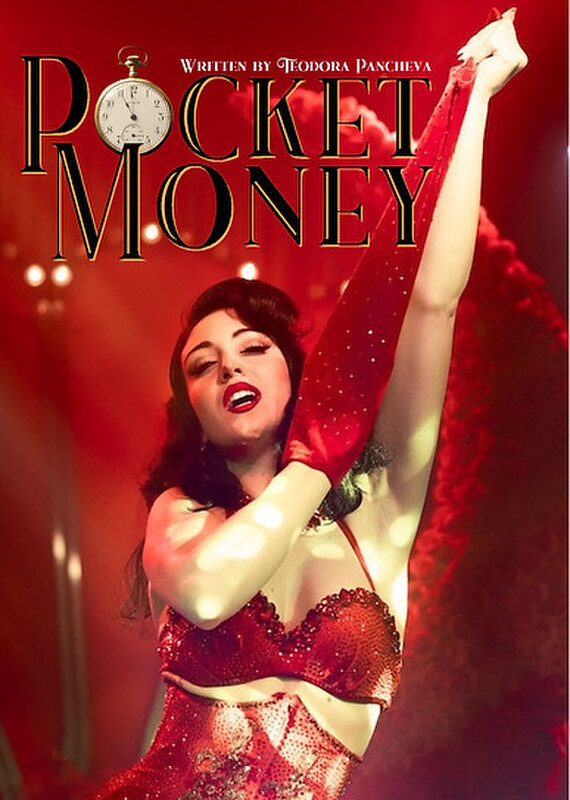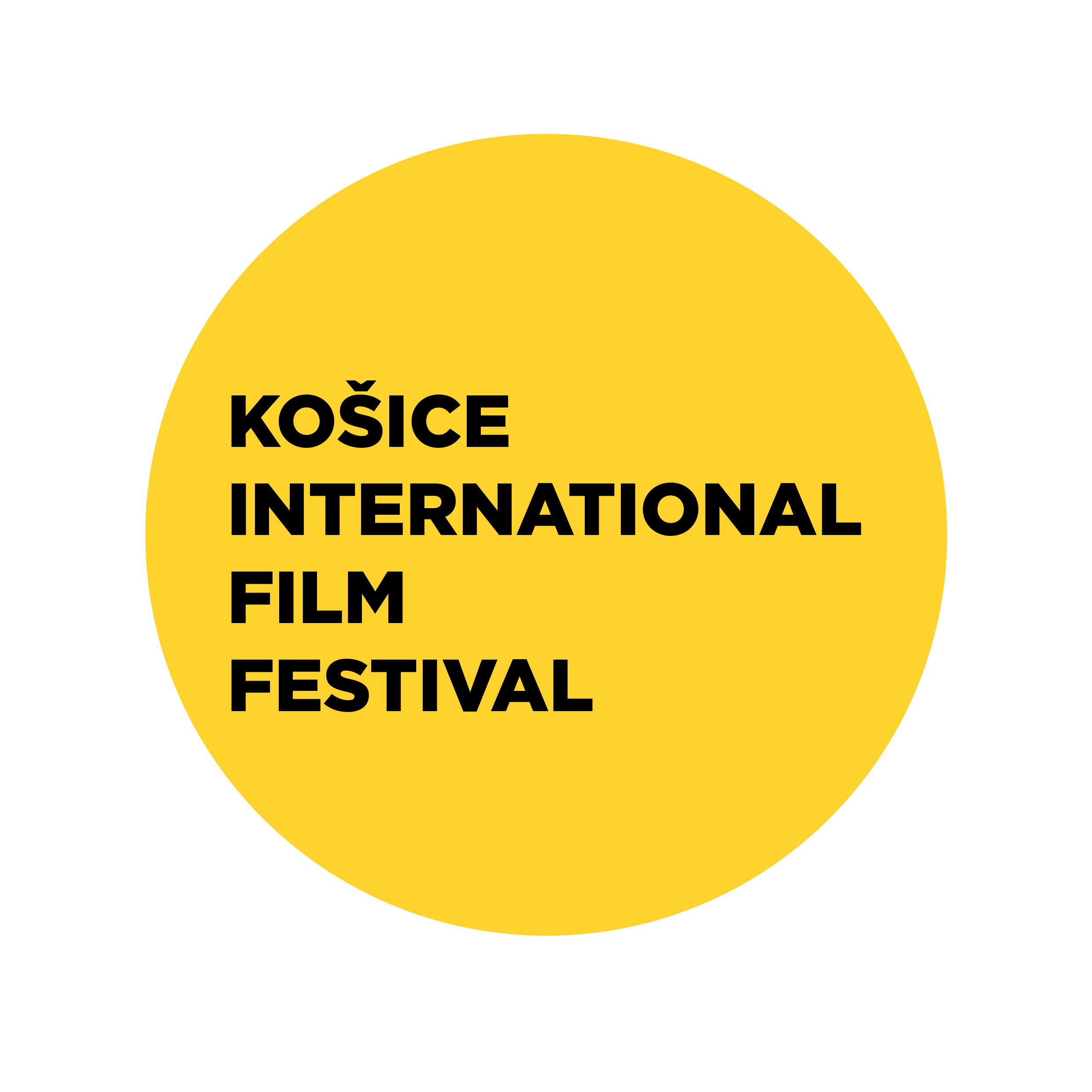Teodora Pancheva
What topic do you discuss in your script? And why?
Pocket Money is a story about finding one's self, and evidently ending up in a downward spiral of mistakes and bad choices. Rose, the main character, may seem to keep finding herself in the wrong place at the wrong time, but its what she decides to do with that, that defines who she is as a person and how her actions effect those around her. I like to write about morally grey female leads that aren't necessarily bad people, but just need some guidance in the right direction, whether they take it or not.
Pocket Money is a story about finding one's self, and evidently ending up in a downward spiral of mistakes and bad choices. Rose, the main character, may seem to keep finding herself in the wrong place at the wrong time, but its what she decides to do with that, that defines who she is as a person and how her actions effect those around her. I like to write about morally grey female leads that aren't necessarily bad people, but just need some guidance in the right direction, whether they take it or not.

How do people feel after reading your script?
I'm no mindreader, but I write for the entertainment of film and to help create a story of escapism from real life, so I'd hope people have fun with the story and enjoy it for its entertainment value.
Do you think that films can change people for the better or for the worse?
I think films can inspire people, or initiate new conversational topics but all in all, 99% of films don't change a person as a whole. There may be that one film that sticks with a person for better or worse, but who's to say how it's truly changed them.
According to 3-act dramaturgy, how would you define your story?
Pocket Money follows the classic hero's journey structure. The first act follows the introduction to our world and the set up for the film, the second act gears up to the grand heist as we follow all the planning and the final act follows the consequences of Rose's decision and how she tries to right them.
How does the main character develop?
Rose Miller starts off hiding parts of herself from her friends and family. She falls into trouble and pushes everyone away, and it's only until she's lost everything and everyone she cares about that she realises where she's gone wrong. By the end, she stands up for herself and tries to build herself back up again.
What actors do you imagine in your project (typologically)?
This is a super hard question. I never had a person in mind but if I had to pick Rose Miller would be played by Elizabeth Gillies, Samuel King, the devish male lead would be played by Aaron Taylor-Johnson and the caring love interest Anthony Moore, would be played by Nicholas Hoult.
Why do you think your script should attract director?
I think there are a lot of interesting sequences, such as the opening, that will allow directors to play with the cinematography. The setting is also a contemporary spin on the 1920s period, with only a handful of locations, making the budget smaller. It's a blend of genres, covering romance, drama, heist and comedy, so it'll be a challenge for a director to dip their toe in.
At which festivals did you receive the award?
Pocket Money has won the Grand Prix for Best Feature Script at the Budapest Movie Awards, Best Feature Script Winner for the Best Script Awards - London, selected for the New York Script Awards as well. It has also reached the final round of selections in the Page Turner 2023 Screeplay Awards. There are a few other competitions I've submitted to and eagerly await the results for.
Which screenwriters are your favorite and why?
My favourite is Wes Anderson for his theatre like performance and fast and witty dialogue. All his films require a rewatch to truly appreciate the script to its full extent.
About which topics are your screenplays?
I generally tend to write abour morally grey female leads who are forced to face some form of consequence of their actions - it's more interesting than the perfect girl next door.
What motivates you the most to write screenplays?
When I have a story I love, I'll find myself struggling to stop writing. It's the final piece of figuring out the story and having something I'm so passionate about in my head, finally out on a page that pushes me to continue.
What are your plans in future careers?
In an ideal world, I'd love to have writing stories, whether that be in script format or in other mediums, as my career - however we all know how hard that can be, so for now I'll be working on my next feature in my spare time and hopefully submitting to more festivals.

